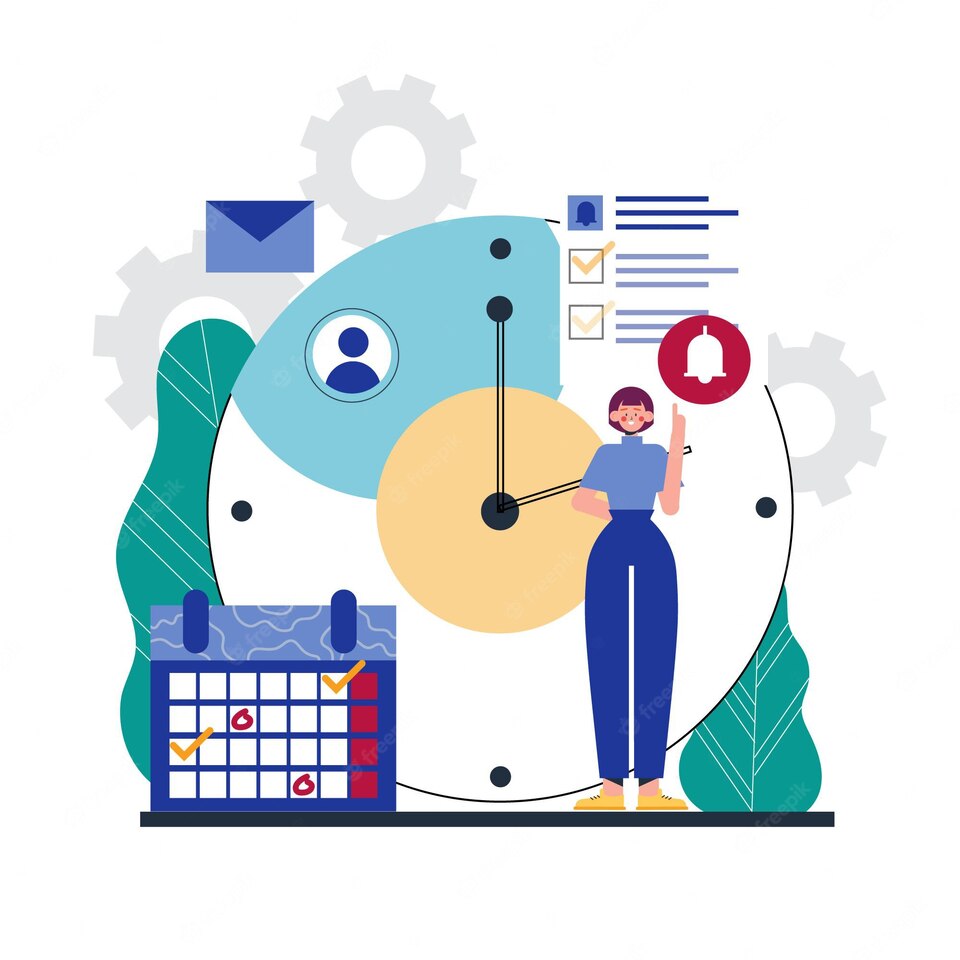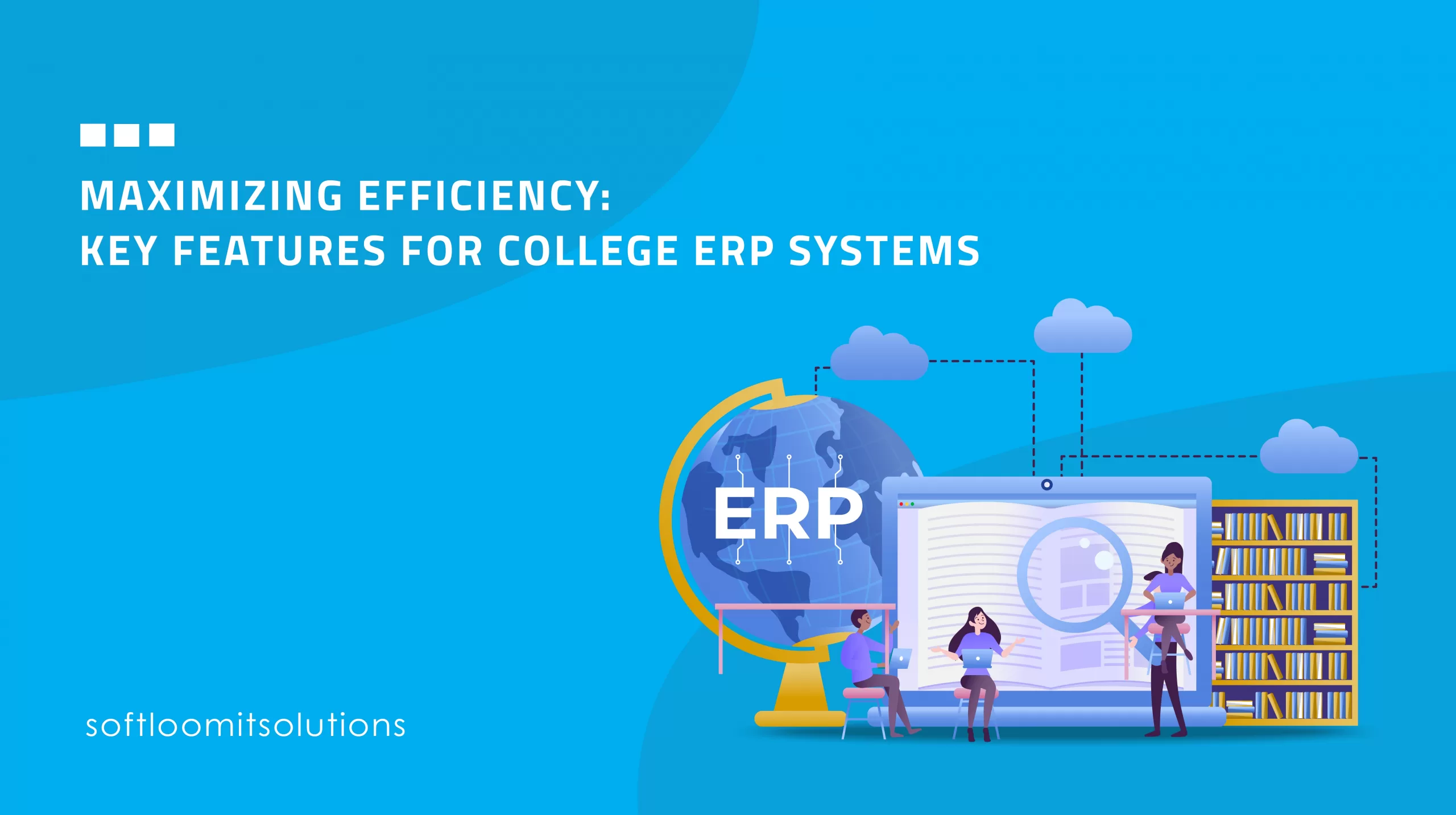Managing a college is a complex and multifaceted undertaking that requires a great deal of skill and attention to detail. A robust and efficient management system is essential to secure the smooth operation of every department and maintain complete control over all aspects of management. Such a system enables colleges to easily manage and monitor their data, transactions, and activities, providing a streamlined and organized approach to administration. This article will examine the key features necessary for any college management system, providing valuable insights and actionable advice for college administrators. Let’s dive in.
What is a College ERP System?
A college ERP system is a cutting-edge software solution enabling educational institutions to store, analyze, manage, and supervise data easily. This innovative technology platform provides various benefits, from smoother operations and better internal communication to enhanced transparency and accountability. With a college ERP system in place, institutions can seamlessly manage critical data related to students, such as grades, fees, homework, assignments, and attendance. In the following section, we will explore some of the essential features that any college ERP system must possess to provide an effective and efficient solution to the administration of educational institutions.

Must-Have Features For College ERP System
The following are the must-have functioning features for college ERP Systems:
- Fees Management
- Attendance management
- Time Table or Schedule Management
- Staff Management and Supervision
- Exams Management
- Performance monitoring for Parents
- Data Import and Export
- SMS and Email Alerts
- Training & Placement
Let us discuss the must-have features for college ERP systems in brief.
-
Fees Management
A robust college ERP system should have a feature for managing fees, including fee collection, tracking, and reporting. It should enable students to make fee payments online, generate fee receipts, and allow administrators to track pending fees easily.
-
Attendance Management
Attendance tracking is another critical feature of any college ERP system. It should allow teachers to take attendance online, let students view their attendance records, and provide automated reports to parents and administrators.
-
Time Table or Schedule Management
A college ERP system should have a feature to manage and generate class schedules, teacher schedules, and exam schedules. It should also allow for easy customization so that administrators can easily adjust plans based on course offerings or staffing changes.

-
Staff Management and Supervision
This feature should allow for easy management of faculty and staff information, including their details, qualifications, and teaching assignments. It should also allow for easy supervision of staff performance, including progress tracking and performance evaluations.
-
Exams Management
An effective college ERP system should provide a feature for managing exams, including generating exam schedules, recording exam results, and providing grade reports.

-
Performance Monitoring for Parents
This feature should allow parents to access their child’s academic records, including grades, attendance records, and performance reports.
-
Data Import and Export
A good college ERP system should have a feature to import and export data to and from other applications and databases, making it easy to integrate with other systems.
-
Training & Placement
A college ERP system should also have a feature for managing training and placement opportunities for students, including job fairs, on-campus interviews, and internships. It should provide an easy-to-use platform for students to find and apply for these opportunities.
-
SMS and Email Alerts
This feature should allow the system to send automated alerts to students, parents, and faculty regarding important deadlines, events, and announcements.
In summary, a college ERP system must automate all tedious and time-consuming processes, streamlining administrative tasks and enabling management to focus on more important matters. In addition, the system should provide a user-friendly interface with features designed to simplify data management, enhance communication, and improve the overall efficiency of educational institutions. By automating essential processes, the college ERP system can enhance the overall quality of education and improve the experience for all stakeholders, from students to faculty and management.






